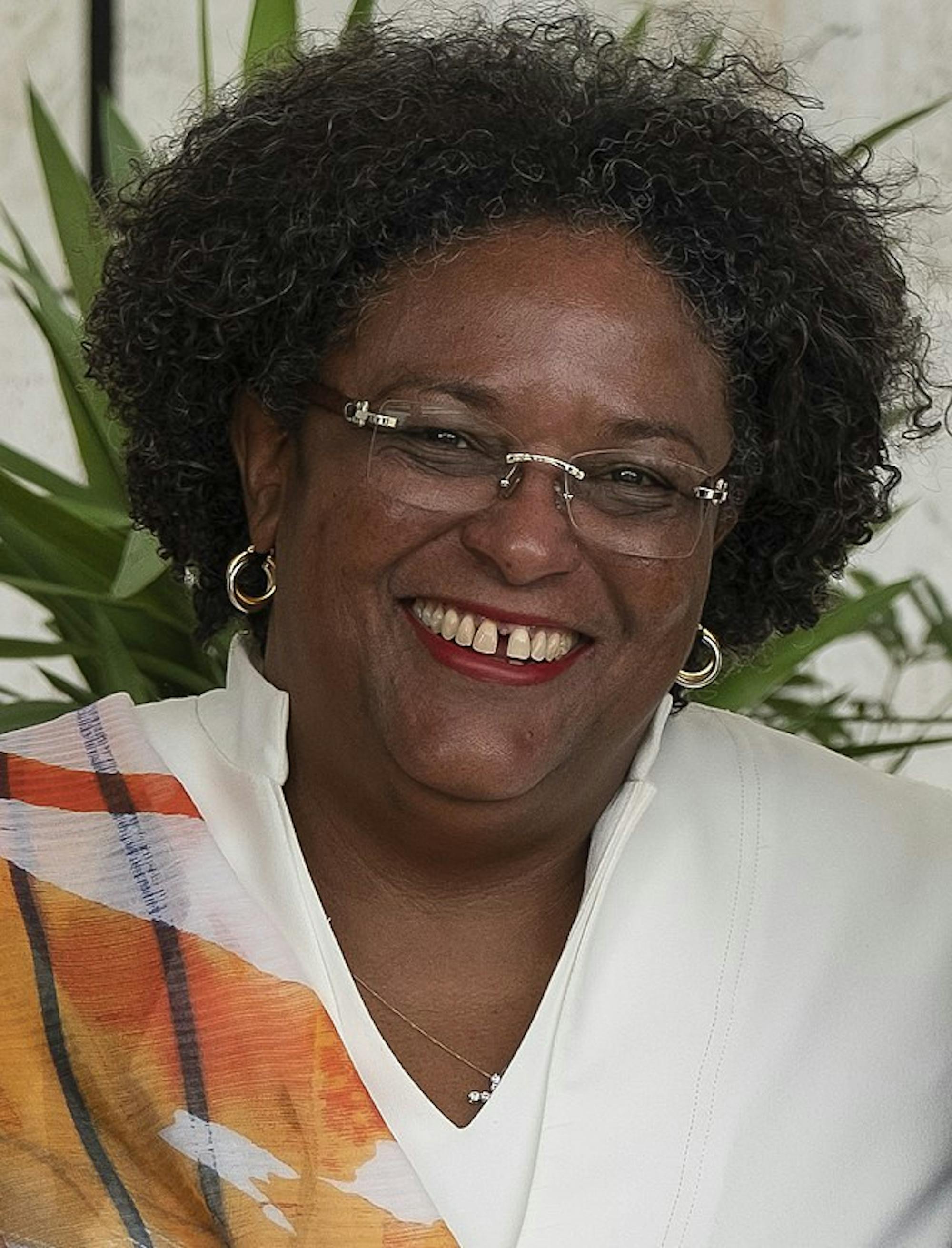Of the plethora of challenges that governments around the world face, the climate crisis is considered among the most pressing by many world leaders. On Dec. 12, Emory Climate Talks hosted a Zoom webinar featuring Prime Minister of Barbados Mia Mottley, who discussed the climate change problems overwhelming her country and the need for the world to come together to fight the issue.
College Dean Michael Elliott introduced Mottley, noting that she became the first female prime minister of Barbados in May 2018 and the eighth person to hold that position.
“We are so proud to have Prime Minister Mottley with us here today,” Elliott said. “She has been such a fierce and visible leader on the topic of climate change, an issue that brings us all together today.”

According to Mottley, 2021 was the third most active hurricane season on record, the fourth most costly in terms of damage and the seventh consecutive year that hurricanes and storms began before the official start of the season.
“The last few years, even before governments were prepared to acknowledge that this is a crisis, we have lived through the reality of the changes in the climate,” Mottley said. “We talk about hurricanes, but they are really just one small component of it.”
Hurricanes are simply the “heart attacks” of the climate crisis, Mottley said, noting the chronic symptoms experienced alongside such disasters are almost equally as catastrophic to affected communities. Such symptoms include salt water incursions into aquifers that contaminate groundwater, coastal erosion damaging housing and marine life that has completely changed within a generation.
“But what’s the irony?” Mottley asked. “What’s the one country that’s hit every single year by a hurricane? The United States of America. At what point do we now come together and recognize that we have a common interest to solve these issues?”
Barbados is also acutely affected by climate change, Mottley explained. Not only is Barbados facing the COVID-19 pandemic like the rest of the world, but they are also confronting the worst volcanic ashfall in 119 years from a volcanic eruption in St. Vincent, a neighboring country 90 miles away.
“To ask us to continue carrying the battle against the backdrop of the pandemic and not having contributed to the crisis to greenhouse gases is really unacceptable,” she said. “We can’t fight the pandemic or climate crisis from a national perspective. All of us have to cooperate globally, or we’re not going to win this battle.”
Additionally, Mottley stated that Barbados’ status as the third most indebted nation in the world poses a major issue to the country’s government, gravely affecting its impoverished residents. For instance, 90% of houses lost in Hurricane Elsa belonged to people below the poverty line and 95% of them were uninsured because insurance is often out of reach.
Similar patterns extend to most other Small Island Developing States, Mottley noted.
Further complicating the matter, the World Bank, which Mottley thought would provide Barbados with assistance given the nation’s long history of reforms aimed at alleviating poverty, has been of little help.
“China and other large developing countries are capable of borrowing from the World Bank,” Mottley said. “Barbados and Bahamas, because we are known to be penalized for being successful in the independence journey, are to be precluded from being able to borrow our concessional rates.”
Mottley announced the suspension of debt payments when her party was sworn into power in 2018, and worked to restructure and renegotiate their debt. She expressed her good fortune, because, upon the project’s completion in December 2020, the COVID-19 pandemic struck a short month later.
Ultimately, Mottley expressed the need for global, moral and strategic leadership.
“I don’t think any of us can contemplate doing anything in this world without accepting that climate is central to it,” she said. “We are in a climate crisis, and I don’t talk about climate change anymore, because we are truly in the middle of a crisis.”





